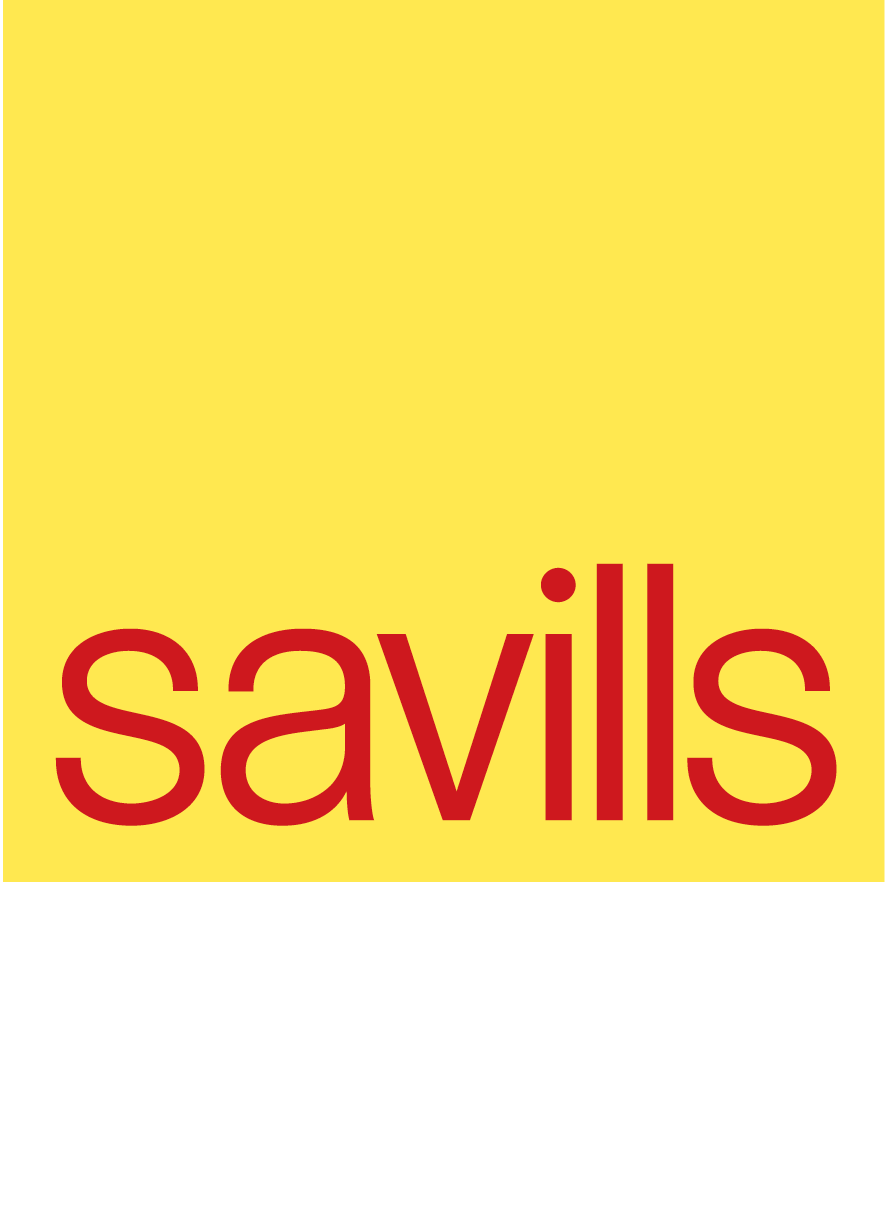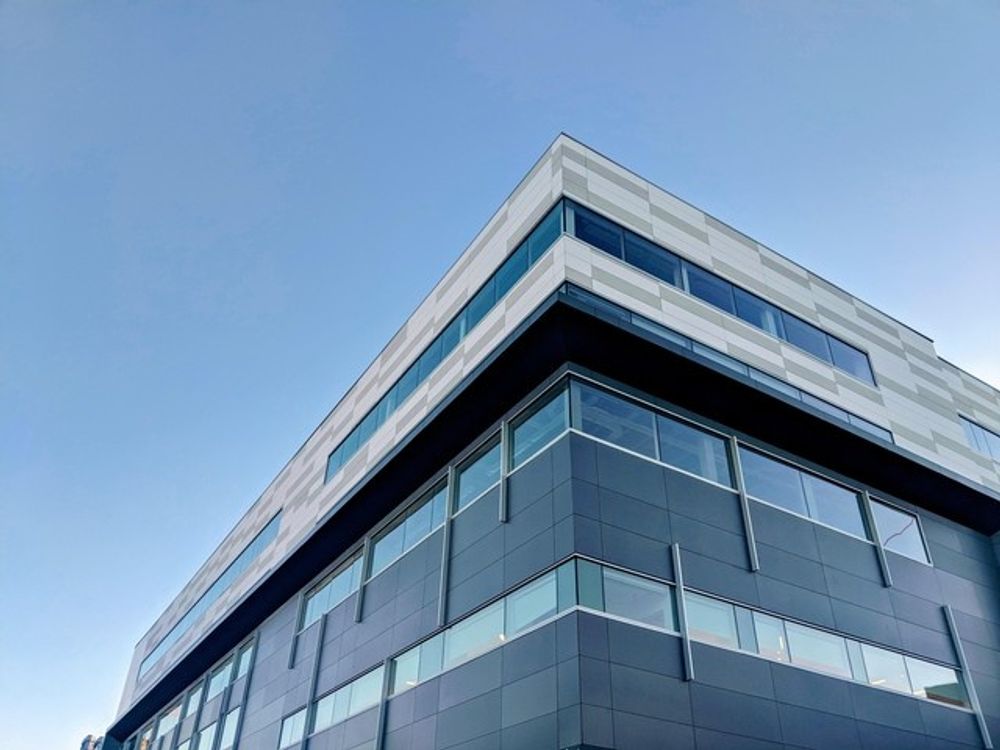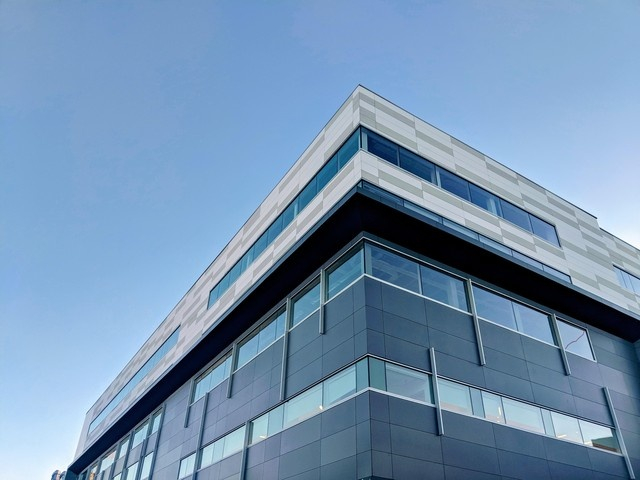We're seeing more and more sale and leaseback transactions happening in the commercial property sector, and a lot of enquiries around whether this is the right decision for property owners. Could sale and leaseback be right for your business?
The concept of a sale and leaseback transaction is not a new one, and it's exactly what it sounds like: an owner sells their property, and then leases it back from the new owner as a tenant. Why would an owner opt to do this? Well usually, the principle behind it is to sell a non-core asset (typically a property) in order to raise capital to fund and/or grow the core business.
Locally, many well-known regional and national companies have jumped aboard in recent years, recognising the benefits of sale and leaseback for buyers and sellers. It can also be a lifeline to businesses during tougher economic times.
Sale and leaseback as a component of business financial management
Sale and leaseback is an appealing prospect to both sellers and the right buyers: it enables sellers to free up liquid capital in order to accelerate business growth, and it gives buyers the benefit of a stable, long-term corporate lease with attractive returns.
Further to this point, the value of a property is often at its highest when there's a reliable long-term tenant in place (as opposed to when a building is sold vacant). As such, using your own lease - and predetermined terms - helps ensure maximum sale value.
It's also interesting to note that sale and leaseback could have BEE benefits for your business: by selling your property to a BEE-compliant company and then leasing it back, you could increase your BEE procurement spend and improve your scorecard. Read more here.
The terms of the transaction
Another benefit of sale and leaseback transactions is that the terms are always agreed upon upfront. The owner (or company) will sell the property it operates from on condition that it can remain in the property on a medium to long-term basis. This affords it not only the cash-flow benefits of having sold and leased the property back, but also the location and rental stability of remaining at its same premises. It gives the business the freedom to focus on its (higher-yielding) core applications without any downtime or disruption to its operations.
Is a sale and leaseback transaction right for your business?
If you're considering sale and leaseback for your business, it may be worthwhile considering these questions:
- Have you worked out how much cash is tied up in the property your business operates from?
- What effect would there be on shareholder value if you released that cash into your core business?
- How much debt would a sale-leaseback transaction cancel out? How substantially would it improve your balance sheet?
- What would the effect be on business profitability, if you were to convert non-earning assets into investment capital?
- Have you considered your business's performance in relation to the economic environment? It's generally easier to sell a fixed asset like a property than a business.
- Have you thought about capital gains tax and whether this would still make your transaction viable?
- Would you enjoy the freedom of being 'just' a tenant, and not having to worry about complicated property ownership issues that place strain on even seasoned landlords?
Can you see potential benefits of a sale and leaseback transaction for your business? If so, we can assist. We work with many professional property investors who understand the value of these transactions and have established reputations for being outstanding landlords.
Whether you're looking for security, peace of mind or a financial injection for your business, Swindon can help advise you on the right decision for your commercial or industrial property, whatever its size, anywhere in South Africa.



